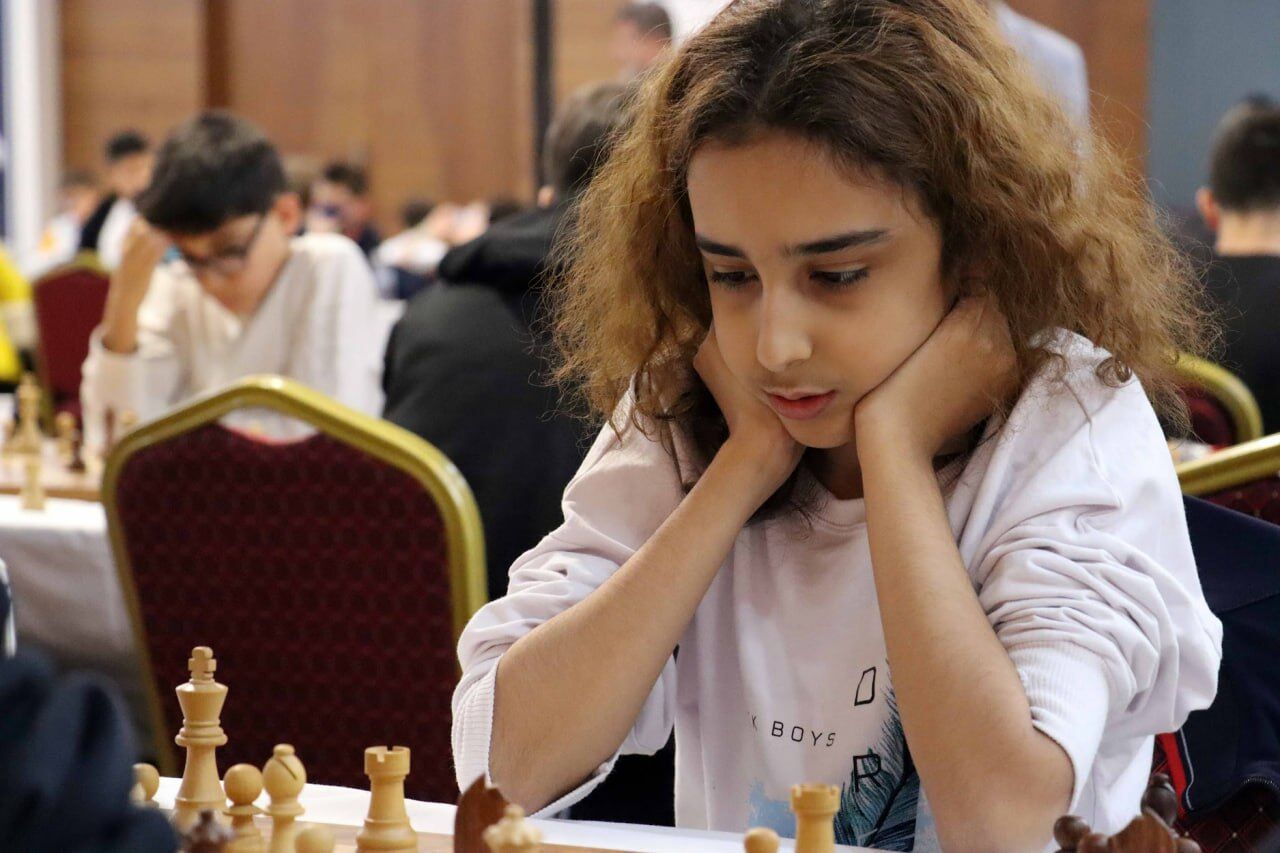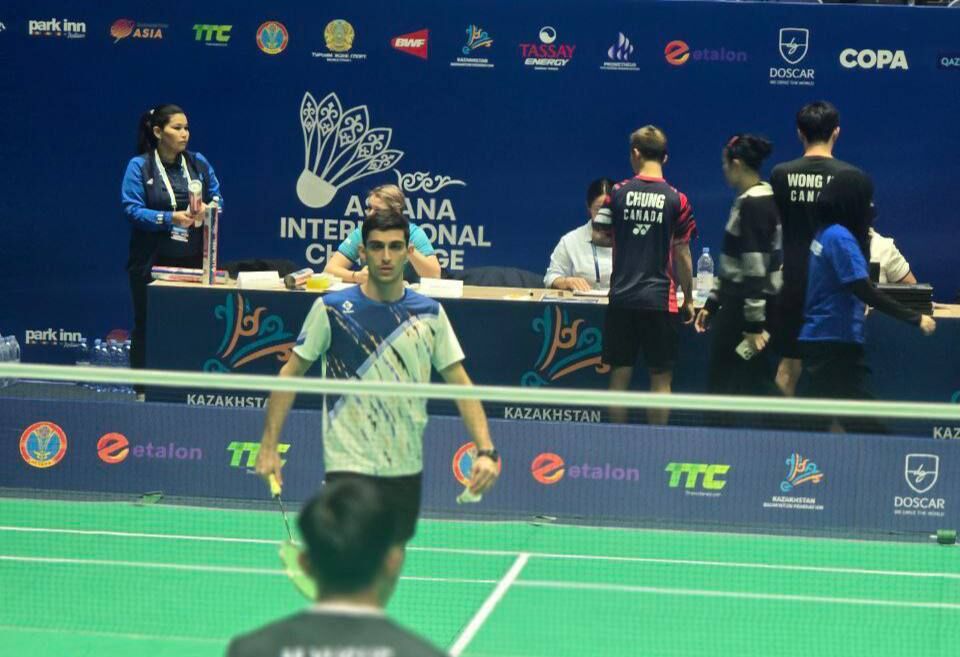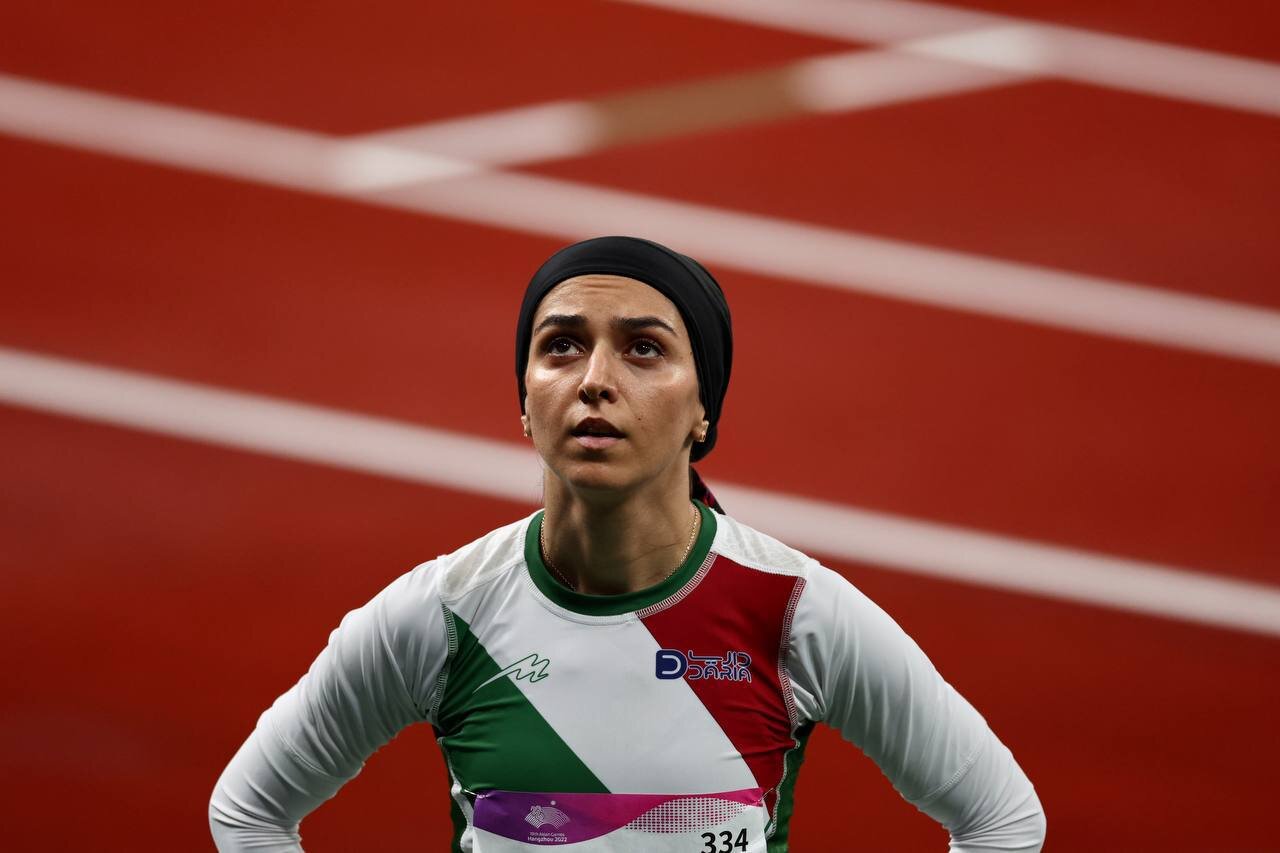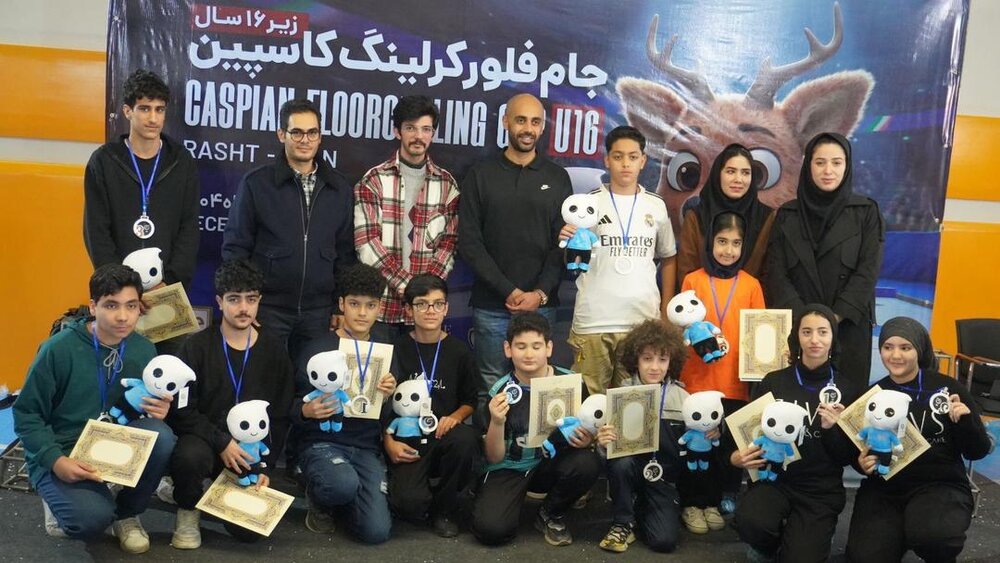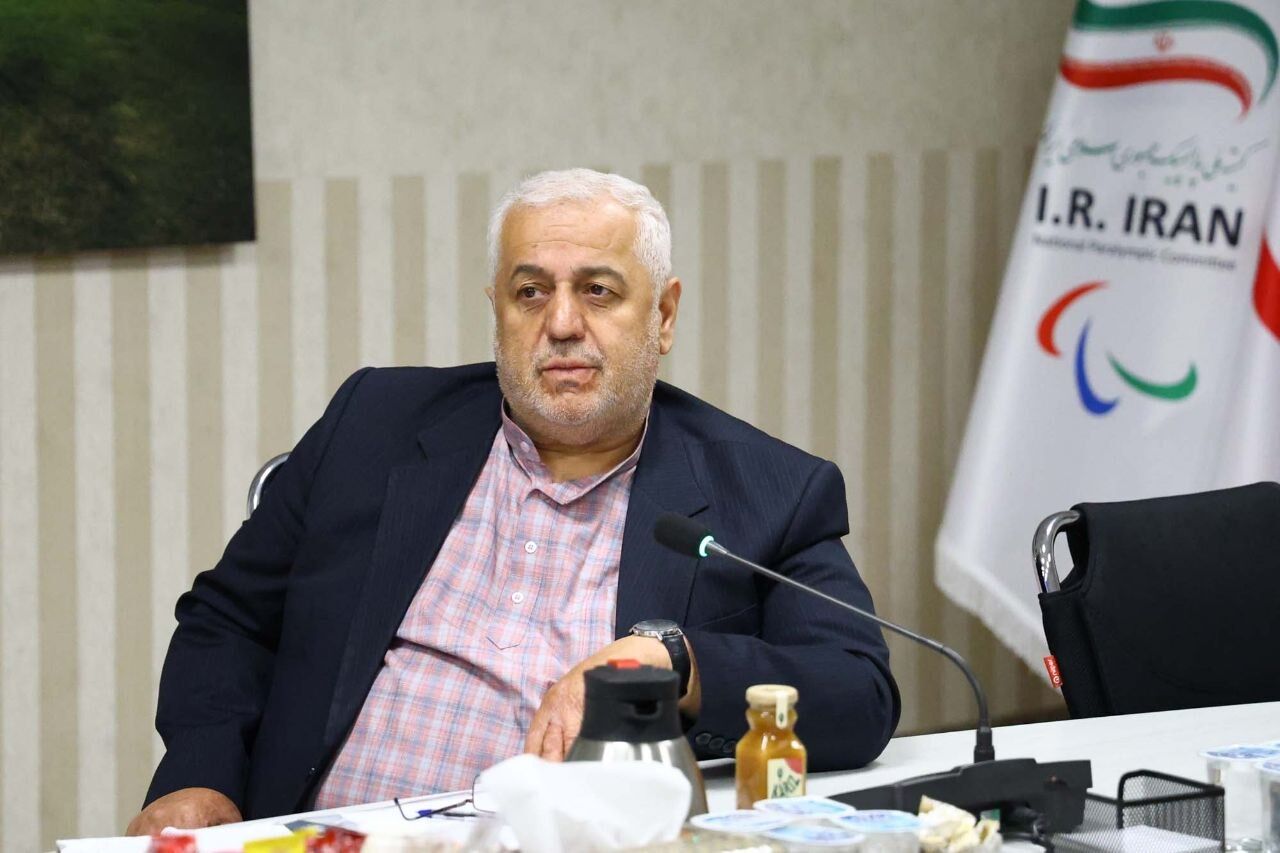Gaza: Tributes pour in for slain Palestinian journalist Saleh al-Jafarawi
Gaza: Tributes pour in for slain Palestinian journalist Saleh al-Jafarawi

Online tributes poured in for prominent Palestinian journalist and activist Saleh al-Jafarawi after he was shot multiple times and killed late on Sunday while covering clashes between an Israel-backed entity and Hamas fighters in Gaza City.
Al Jazeera reported that an "armed militia affiliated with the occupation [Israel]" was seeking to exploit the security vacuum in the city following Friday's announcement that Israel and Hamas had approved a deal to "end the war" and exchange prisoners. Several displaced Palestinians were also killed during the clashes.
Many social media users and fellow journalists took to social media to mourn Jafarawi and reflect on the legacy of his reporting over the past two years.
"He loved his people, he loved his religion, he loved his land. He covered the genocide for two years as the powers of the world tried to silence his voice," posted a prominent pro-Palestine account on Instagram. "His voice will live on, even after the occupation ends."
To many, Saleh was a symbol of Palestinian steadfastness and determination, with one user saying: "He survived 2 years of genocide sharing truth with a smile to the world while being targeted."
"[He] was not just a reporter; he was a voice of truth, a symbol of courage who stood in the line of fire to tell the world what others tried to hide," posted one commenter on Instagram.
"His camera became his weapon, and his words became the shield of his people. The world lost another brave soul today - a man who gave his life so that truth would never die," the user continued.
The 28-year-old rose to prominence with his live videos and reporting about Israel's genocide in Gaza. He was also well-known for his hopeful tone and big smile in his videos amid the destruction in the besieged Palestinian enclave.
Several people expressed sadness that Jafarawi was killed soon after a ceasefire in Gaza had been announced.
"There is no rest, no reprieve. An unbelievably cruel world we live in," posted poet Remi Kanazi.
In a heartfelt tribute to Jafarawi, Palestinian-Canadian nurse Ahmed Kouta took to Instagram to share an image of the two together and described his happiness following the ceasefire announcement saying: "We used to wonder who among us would make it to the end. We did… but they didn't want you to live long enough to see your dreams come true."
Prominent Palestinian journalists, from Al Jazeera's Gaza bureau chief Wael Dahdouh to Gaza-based Hani Aburezeq also offered online tributes to their colleague.
Some users also shared footage of the journalist - who was renowned for his voice - reciting Quran and singing.
Others shared videos of Jafarawi's funeral, as well as his father's tribute, in which he highlighted that Saleh chose to remain in the enclave despite being presented with an opportunity to leave.
Prisoner exchange
Several social media users also expressed sadness that Jafarawi's brother, Naji, one of the Palestinian prisoners released from Israel on Monday as part of the prisoner swap in the ceasefire agreement, would not be reunited with his brother.
"Today Saleh Al Jafrawi would have been greeting his brother... He would have been counting down the minutes, and the seconds," posted one user.
"Now that Saleh has been killed. Will Naji go see his daughter? Maybe run to to hug his wife?... Nope. The first thing Naji is not [sic] going to do is bury his brother. I'll let that sink in. That's the reality of life in an apartheid regime... Even after a ceasefire."
Jafarawi's death also reignited tributes to the over 250 Palestinian journalists killed by Israel in Gaza since October 2023.
Gaza is the deadliest conflict for journalists in modern history.
In an April report, Brown University's Watson Institute said Israel had "killed more journalists than the US Civil War, World Wars I and II, the Korean War, the Vietnam War (including the conflicts in Cambodia and Laos), the wars in Yugoslavia in the 1990s and 2000s, and the post-9/11 war in Afghanistan, combined".



